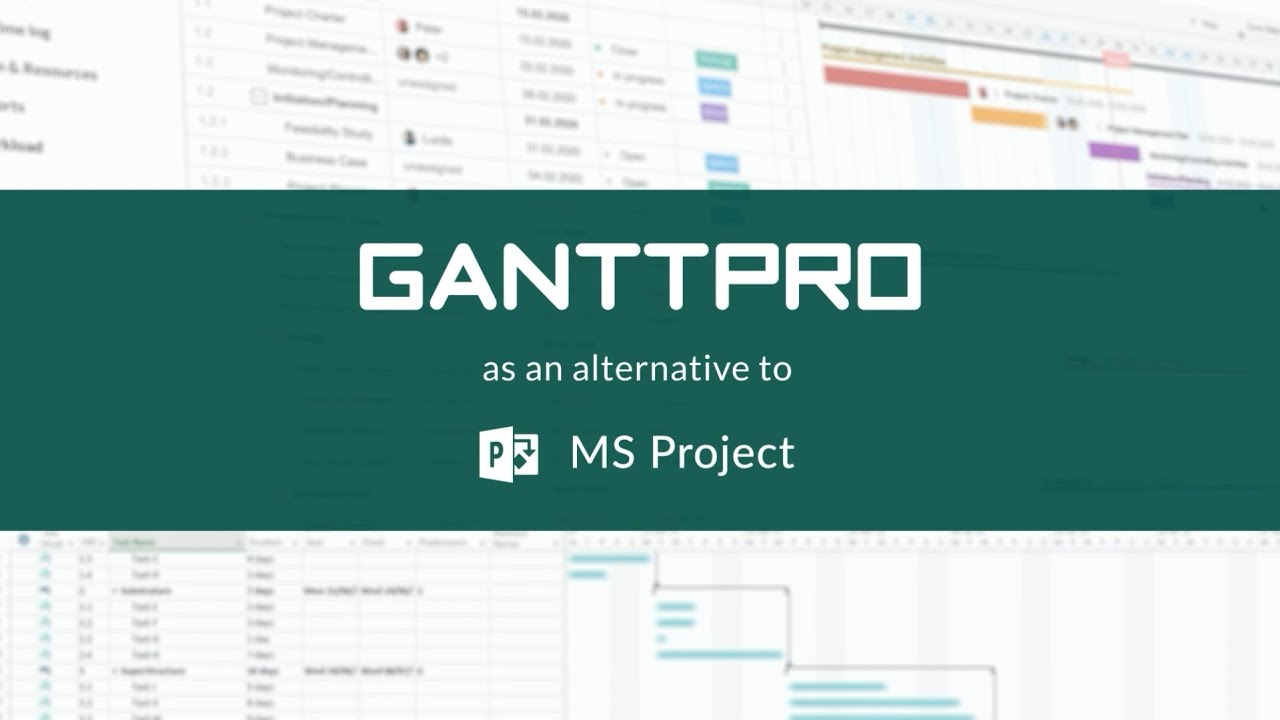What is a Project Management Framework?
A project management framework is a set of guidelines, rules, and processes that organizations use to manage projects. It provides a structured approach to managing projects and helps ensure they are completed on time, within budget, and to the satisfaction of stakeholders.
There are several different project management frameworks, each with its own strengths and weaknesses. Some of the most popular frameworks include Agile, Waterfall, Scrum, Lean, and Kanban. In order to determine which framework is right for your organization, it is important to understand the different elements of each framework and how they can be applied to your specific project.
Key Components of a Project Management Framework
The key components of a project management framework include:
- Project scope
- Project schedule
- Project budget
- Project risks
- Project resources
- Project quality
In order to effectively manage a project, it is important to have a clear understanding of these components and how they interact with one another.
Project Scope
The project scope defines the boundaries of the project and outlines what will be delivered. It includes a description of the project goals, objectives, and deliverables. A well-defined project scope is critical for ensuring that everyone involved in the project is working towards the same end goal.
Project Schedule
The project schedule outlines the timeline for the project and the tasks that need to be completed in order to deliver the project on time. This can be represented using a Gantt chart, which is a visual representation of the project timeline. An online Gantt chart tool such as GanttPRO, Microsoft Project, Wrike, ClickUp, Monday.com, Smartsheet can help you manage the project schedule and keep track of task progress.
Project Budget
The project budget outlines the financial resources that will be required to complete the project. This includes costs for project resources, materials, equipment, and any other expenses associated with the project. A well-managed project budget can help ensure that the project stays within its financial constraints.
Project Risks
Project risks are potential issues or problems that could arise during the course of the project. It is important to identify and assess project risks in order to develop strategies for mitigating or avoiding them. This can help ensure that the project stays on track and is completed on time and within budget.
Project Resources
Project resources refer to the people, equipment, and materials that will be required to complete the project. It is important to have a clear understanding of the resources that will be required in order to plan the project effectively and ensure that the project is completed on time and within budget.
Project Quality
Project quality refers to the degree to which the project meets the requirements and expectations of stakeholders. It is important to establish clear quality standards and processes in order to ensure that the project is delivered to the satisfaction of stakeholders.
How to Choose a Project Management Framework
There are several factors to consider when choosing a project management framework, including:
- The nature of the project
- The organizational culture and structure
- The preferences of key stakeholders
- The skills and expertise of the project team
It is important to choose a framework that is well-suited to the needs of your organization and the specific project you are working on. For example, an Agile framework may be more appropriate for a software development project, while a Waterfall framework may be more suitable for a construction project.
Benefits of a Project Management Framework
Using a project management framework can bring several benefits to your organization, including:
- Improved project planning and execution
- Better risk management
- Increased transparency and communication
- Higher quality project delivery
- Increased stakeholder satisfaction
Conclusion
A project management framework is a critical tool for organizations looking to manage projects effectively. By providing a structured approach to project planning and execution, a project management framework can help ensure that projects are completed on time, within budget, and to the satisfaction of stakeholders. When choosing a framework, it is important to consider the nature of the project, organizational culture and structure, stakeholder preferences, and the skills and expertise of the project team.

